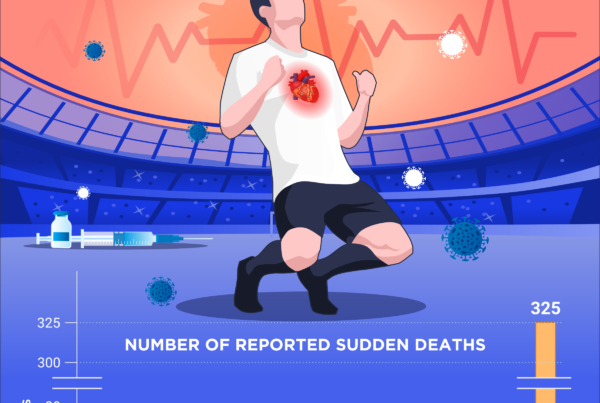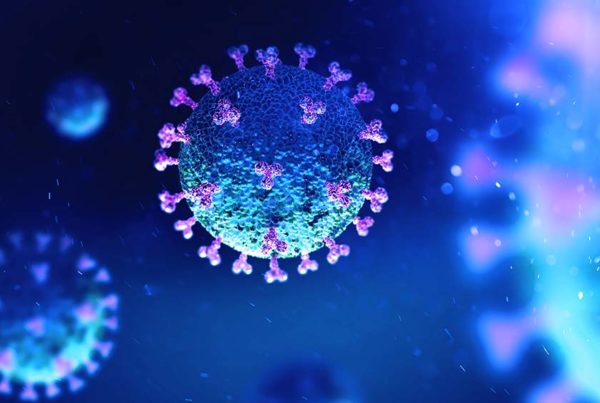
From acne to zits and all in between — the hair and skin we see may be dead but it shouldn’t look that way.
If you wish your hair and skin to look and feel truly healthy, it’s best to start from the inside out.
What you put into your body has a greater effect than any “magic potion” that you can apply externally. Most so-called skin- or hair-care products are unnatural, synthetic, costly — and can be harmful. You should never put anything on your skin, hair or scalp you’re not willing to eat, as these products are easily absorbed into the body.
It’s important to note that skin is the human body’s largest organ. The outer layer of skin is composed of dead cells, while hair is an extension of the skin and composed of dead cells as well.
What you eat has the most influence on producing healthy hair and skin. Specifically, this includes essential fatty acids (by eating sufficient natural fats), protein, vitamins and minerals, and phytonutrients. Diet alone can significantly help heal and energize hair and skin.
It’s also important to eliminate chronic inflammation, which is a bodywide condition that leads to most unhealthy skin (dermatitis) and hair problems. This often leads to hair loss due to the effect on hair follicles (tiny sacs with hair-generating cells at the bottom). This can cause itchy and sore skin virtually anywhere — including small red (‘razor’) bumps or white-headed pimples around hair follicles, that long term can turn crusty and even scar.
The immune system is very active in the deeper layers of the skin. But a poor immune system can promote a follicular bacterial, yeast or fungal infection, which worsens the above signs and symptoms, as can antibiotic therapy for acne, and waxing for hair removal.
Safe sun exposure, which can increase vitamin D and improve immunity, can be very helpful as both are often lacking in those with unhealthy skin and hair. Note the word ‘safe,’ as excess sun can harm hair and skin. Developing a gradual, healthy tan better protects the skin from potential sun damage. LINK
Excess body fat can harm skin and hair because it promotes chronic inflammation, impairs fat metabolism and reduces our ability to obtain vitamin D from the sun.
Blood flow to the skin and hair follicles is vital as well, carrying much-needed nutrition to the cells. Easy physical activity is the best way to increase circulation to these areas as the aerobic muscle fibers help circulate blood throughout the body. Also avoid sitting for long periods, which slows blood flow. While aerobic exercise also improves immunity, overtraining impairs it.
A key food factor that can influence the factors discussed above is junk food, especially because of its sugar content (high-glycemic). For the healthiest hair and skin, replace the junk with healthy natural foods.
Vitamin A is very important for the skin, and is only found in animal foods. (While fruits and vegetables are high in a family of phytonutrients called carotenoids, they may be poorly converted to vitamin A.)
For many people dietary supplementation may be necessary for obtaining the many micro- and phytonutrients important for skin and hair, including maintaining great immunity with aging. This is particularly true for the eight components of the vitamin E complex . The best supplements are those made from high-nutrient plant foods.
So forget the expensive body-care products. The best approach to natural skin and hair care is to eat well.
References
Alpert P. The role of vitamins and minerals on the immune system. Home Health Care Manag Pract. 2017;29. doi: 10.1177/1084822317713300.
Maggini S, et al. Immune Function and Micronutrient Requirements Change over the Life Course. Nutrients. 2018; 10. doi:10.3390/nu10101531.
Paoli A, et al. Beyond weight loss: a review of the therapeutic uses of very-low-carbohydrate (ketogenic) diets. Eur J Clin Nutr. 2013;67(8). doi: 10.1038/ejcn.2013.116.
Smith RN, et al. The effect of a high-protein, low glycemic-load diet versus a conventional, high glycemic-load diet on biochemical parameters associated with acne vulgaris: A randomized, investigator-masked, controlled trial. J Am Acad Dermatol 2007; 57. doi.org/10.1038/ejcn.2013.116








